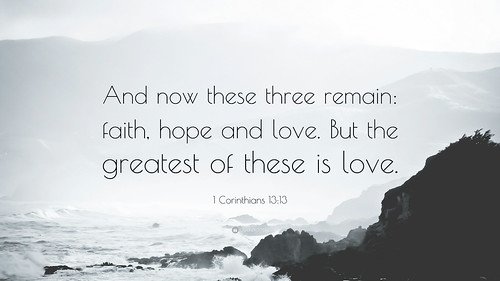"Divine providence is the governance of God by which He, with wisdom and love, cares for and directs all things in the universe. The doctrine of divine providence asserts that God is in complete control of all things. He is sovereign over the universe as a whole (Psalm 103:19), the physical world (Matthew 5:45), the affairs of nations (Psalm 66:7), human destiny (Galatians 1:15), human successes and failures (Luke 1:52), and the protection of His people (Psalm 4:8). This doctrine stands in direct opposition to the idea that the universe is governed by chance or fate.
Through divine providence God accomplishes His will. To ensure that His purposes are fulfilled, God governs the affairs of men and works through the natural order of things. The laws of nature are nothing more than God’s work in the universe. The laws of nature have no inherent power; rather, they are the principles that God set in place to govern how things normally work. They are only “laws” because God decreed them.
There are some who say that the concept of God directly or indirectly orchestrating all things destroys any possibility of free will. If God is in complete control, how can we be truly free in the decisions we make? In other words, for free will to be meaningful, there must be some things that lie outside of God’s sovereign control—e.g., the contingency of human choice. Let us assume for the sake of argument that this is true. What then? If God is not in complete control of all contingencies, then how could He guarantee our salvation? Paul says in Philippians 1:6 that “he who began a good work in you will carry it on to completion until the day of Christ Jesus.” If God is not in control of all things, then this promise, and all other divine promises, is in doubt. If the future does not belong completely to God, we do not have complete security that our salvation will be made complete.
Furthermore, if God is not in control of all things, then He is not sovereign, and if He is not sovereign, then He is not God. So, the price of maintaining contingencies outside of God’s control results in a belief that God is not really God. And if our free will can trump divine providence, then who ultimately is God? We are. That conclusion is unacceptable to anyone with a biblical worldview. Divine providence does not destroy our freedom. Rather, divine providence takes our freedom into account and, in the infinite wisdom of God, sets a course to fulfill God’s will."
attribution: Dr Michael D Evans and flickr


No comments:
Post a Comment